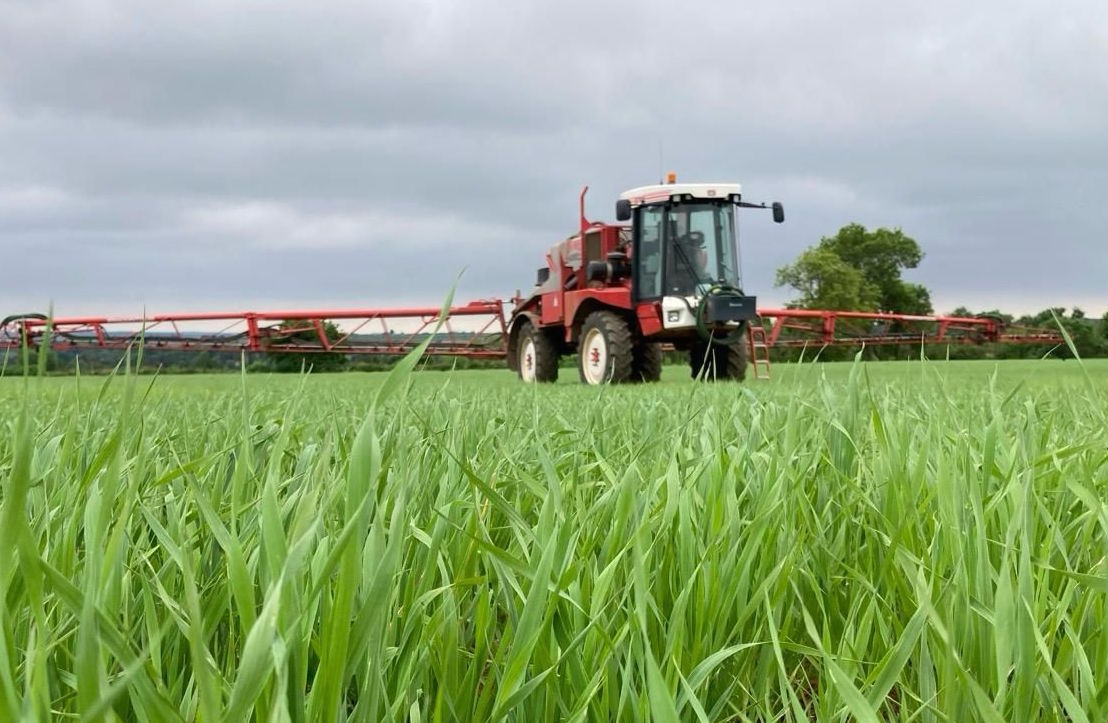|
Getting your Trinity Audio player ready...
|
Agriculturist Cary Fowler is best known as the former executive director of the Global Crop Diversity Trust and co-founder of the Svalbard Global Seed Vault, which houses more than 1.2 million seed samples covering every crop variety imaginable on an island in the Norwegian Arctic. Now he’s engaged in an ambitious new plan to use the genes in neglected seed varieties that he fought to save to produce crops that will feed hungry people in Africa and help farmers there prepare for the climate-changed future.
In 2022 Fowler joined the U.S. State Department as special envoy for global food security. Secretary of State Anthony Blinken said at a World Economic Forum event in January that the program Fowler helped launch—the Vision for Adapted Crops and Soils (VACS)—marks a “genuinely revolutionary” shift in food policy.
In the past, Fowler was a critic of U.S. policies that promoted the spread of what he deemed destructive, chemical-intensive monoculture farming to the global south. Now, in partnership with the African Union and the U.N. Food and Agriculture Organization, he is championing more diverse and locally-based farming through VACS.
VACS will be researching how to improve scores of “opportunity crops”—indigenous, nutrient-rich foods such as cowpea, pearl millet, taro, and African eggplant, which were mostly replaced during the 20th century by international staples such as corn, wheat, soy, and rice. The program will also be looking at ways to enhance soil health in Africa and breed crops that can adapt to climate change, which Fowler calls “the biggest challenge to food security we’ve ever faced.”
Scientific American spoke with Fowler, who says that current agricultural research and development is inadequate. He is calling for a “moonshot” effort to produce healthier food for Earth’s rapidly growing population. Global hunger is on the rise, he says, and nations need to act fast to solve the growing crisis.
[An edited transcript of the interview follows.]
The so-called green revolution greatly increased the yields of a few staple crops. You’ve said we now need a new kind of revolution in agriculture. What do you have in mind?
The major crops that the international community invested in during the 1950s and 1960s and up until the present—corn, wheat, and rice—remain the backbone of a lot of food systems, so no one in their right mind would say that they ought to be replaced. But they are facing future challenges because of climate change. We can see that the rate of increase in yields of some of those crops is leveling off. The VACS program wants to emphasize that other crops out there haven’t had that level of investment and therefore have a lot of untapped potential. We’re at a place now where we need to tap into that potential.
Source: SCI AM






